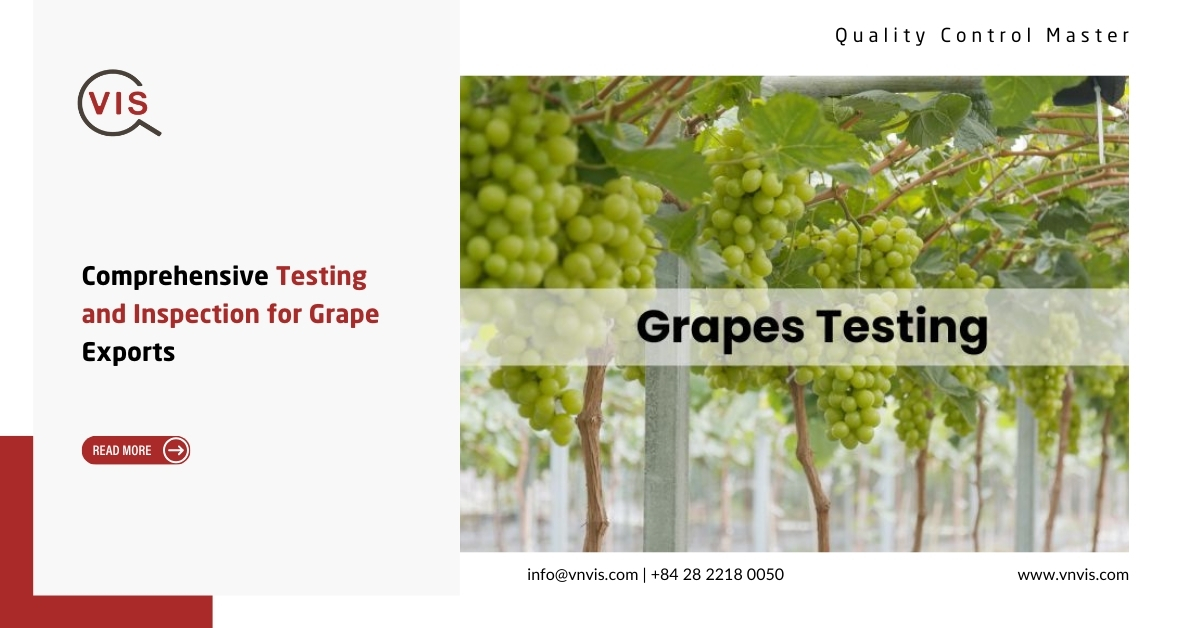The global agricultural market plays a crucial role in the production and processing of various food products. Many countries are recognized as leading producers of fruits and vegetables, supplying markets around the world. Grapes, in particular, have significant export potential due to their adaptability to different climates and regions. They thrive in hot, dry environments and are available in a variety of types, such as colored, white, seeded, and seedless, making them a popular choice among consumers. Furthermore, grapes can grow well at elevations of up to 250 meters above sea level, offering the possibility of diverse cultivation areas.
International trade in fruits and vegetables necessitates stringent 质量控制 measures to comply with global market standards. Many countries enforce rigorous testing procedures for pesticide residues and Maximum Residue Limits (MRLs) to ensure food safety. Regulatory bodies such as the European Food Safety Authority (EFSA), the U.S. Food and Drug Administration (FDA), and the Agricultural and Processed Food Products Export Development Authority (APEDA) in India establish clear guidelines that exporters must follow. Achieving compliance with these standards, coupled with certifications from organizations like GlobalG.A.P. and HACCP, ensures that agricultural products remain safe, high-quality, and competitive in the international marketplace.
Testing and Inspection Services for Exporting Grapes Worldwide
For successful grape exports, adhering to the safety and quality standards of importing countries is essential. Several critical inspections play a key role in this process:
- Phytosanitary checks ensure that the grapes are free from pests and diseases that could harm agriculture.
- Quality assessments focus on aspects such as sugar levels, acidity, size, and overall appearance.
- Safety tests guarantee that pesticide, herbicide, and contaminant levels are within acceptable limits.
Given the varying requirements between countries, comprehensive testing is an indispensable part of the export process.

MRL Testing for Grapes
To ensure that grapes are safe for consumption, Maximum Residue Limit (MRL) testing is conducted to measure pesticide and chemical levels, ensuring compliance with safety standards set by regulatory authorities. Advanced techniques such as gas chromatography and mass spectrometry are utilized to detect and quantify contaminants accurately.
Key Testing Areas for Grapes
- Pesticide Residues: Verifies that pesticide levels adhere to legal limits.
- Microbiological Contaminants: Screens for harmful bacteria, molds, and other microorganisms.
- Heavy Metals: Detects contamination from soil or environmental factors.
- Physical Contaminants: Ensures the product is free from foreign materials.
- Quality Indicators: Measures factors like sugar content (Brix), acidity, and ripeness to assess overall product quality.
Regulatory Standards for Grapes
India (FSSAI Regulations):
- MRLs: Pesticides and contaminants must comply with limits set under FSSAI regulations.
- Physical and Chemical Parameters: Standards for size, color, sugar content, and maturity.
- Packaging and Labeling: Requirements for origin, variety, nutritional information, and best-before dates.
European Union (EU Regulations):
- Marketing Standards: Grapes must meet quality categories such as Extra Class, Class I, and Class II.
- MRLs for Pesticides: Harmonized pesticide limits under Regulation (EC) No 396/2005.
- Food Additives and Contaminants: Compliance with strict usage limits for additives and contaminants.
United States (FDA Regulations):
- Pesticide Residue Limits: The U.S. Environmental Protection Agency (EPA) sets pesticide tolerance levels for grapes, which the FDA enforces through the Pesticide Monitoring Program (PMP). These limits are established under the Federal Food, Drug, and Cosmetic Act (FFDCA).
- Quality and Grading Standards: The USDA’s Agricultural Marketing Service (AMS) provides voluntary U.S. Grade Standards for table grapes, including factors such as size, color, and defect freedom. Grapes are often classified as U.S. No. 1 or U.S. No. 2, with additional standards for specific varieties.
- Packaging and Labeling: Compliance with FDA labeling requirements under the Food Labeling Guide, including accurate declarations of product identity, net quantity, origin, nutritional facts, and allergen information, if applicable. Additionally, grapes must meet the Food Safety Modernization Act (FSMA) standards for safe handling and traceability.
Partnering with VIS for Global Compliance
Ensuring the quality and safety of grapes for international export involves adhering to rigorous global standards. VIS (Vietnam 检验服务) provides comprehensive inspection, testing, and certification services to help growers, exporters, and suppliers comply with regulations established by authorities such as FSSAI, the EU, the FDA, and other global entities. From pesticide residue analysis to packaging and labeling verification, our expertise ensures that your grapes meet the highest quality standards for smooth market entry.
Partner with VIS for reliable quality assurance. Contact us today to ensure your grapes meet global compliance requirements!




相关日志